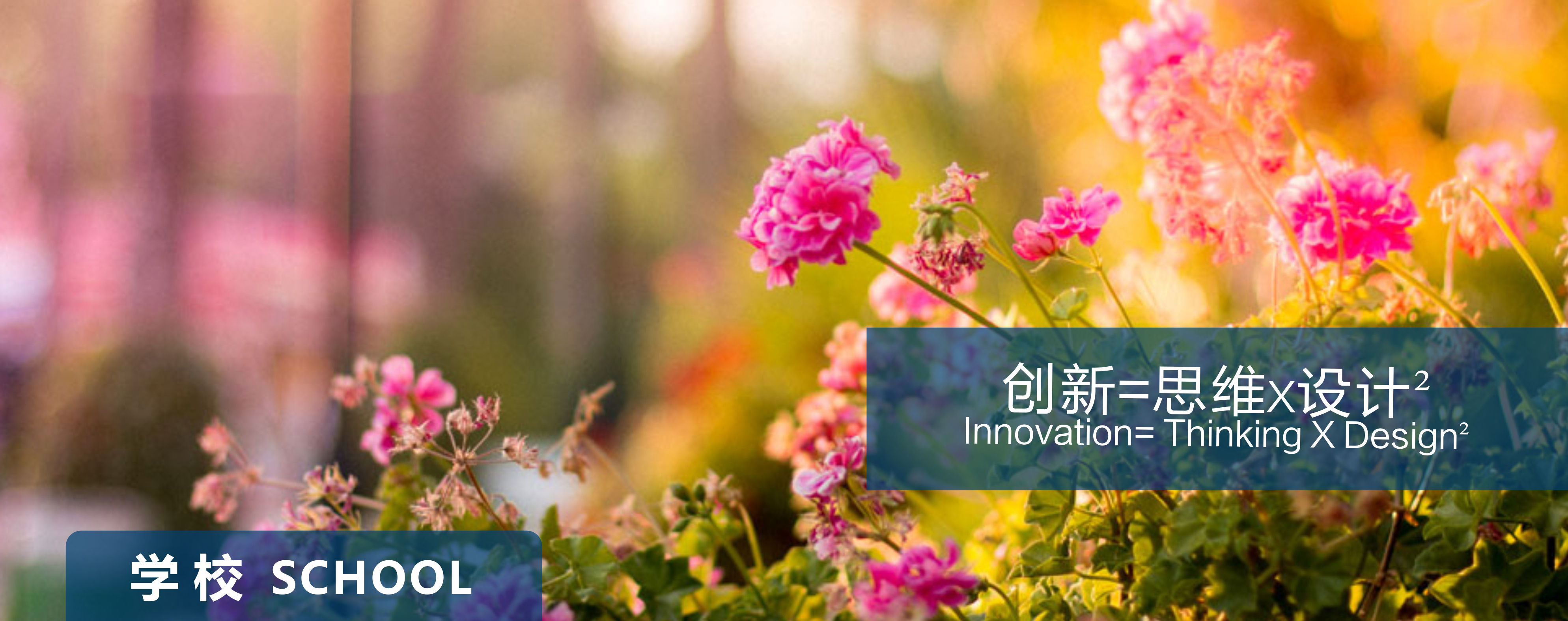
北京大学 官网链接:https://www.pku.edu.cn//
北京大学创办于1898年,初名京师大学堂,是中国第一所国立综合性大学,也是当时中国最高教育行政机关。辛亥革命后,于1912年改为现名。
作为新文化运动的中心和“五四”运动的策源地,作为中国最早传播马克思主义和民主科学思想的发祥地,作为中国共产党最早的活动基地,北京大学为民族的振兴和解放、国家的建设和发展、社会的文明和进步做出了不可替代的贡献,在中国走向现代化的进程中起到了重要的先锋作用。爱国、进步、民主、科学的传统精神和勤奋、严谨、求实、创新的学风在这里生生不息、代代相传。
1917年,著名教育家蔡元培出任北京大学校长,他“循思想自由原则,取兼容并包主义”,对北京大学进行了卓有成效的改革,促进了思想解放和学术繁荣。陈独秀、李大钊、毛泽东以及鲁迅、胡适等一批杰出人才都曾在北京大学任职或任教。
1937年卢沟桥事变后,北京大学与清华大学、南开大学南迁长沙,共同组成长沙临时大学。不久,临时大学又迁到昆明,改称国立西南联合大学。抗日战争胜利后,北京大学于1946年10月在北平复学。
中华人民共和国成立后,全国高校于1952年进行院系调整,北京大学成为一所以文理基础教学和研究为主的综合性大学,为国家培养了大批人才。据不完全统计,北京大学的校友和教师有400多位两院院士,中国人文社科界有影响的人士相当多也出自北京大学。
改革开放以来,北京大学进入了一个前所未有的大发展、大建设的新时期,并成为国家“211工程”重点建设的两所大学之一。
1998年5月4日,北京大学百年校庆之际,国家主席江泽民在庆祝北京大学建校一百周年大会上发表讲话,发出了“为了实现现代化,我国要有若干所具有世界先进水平的一流大学”的号召。在国家的支持下,北京大学适时启动“创建世界一流大学计划”,从此,北京大学的历史翻开了新的一页。
2000年4月3日,北京大学与原北京医科大学合并,组建了新的北京大学。原北京医科大学的前身是国立北京医学专门学校,创建于1912年10月26日。20世纪三、四十年代,学校一度名为北平大学医学院,并于1946年7月并入北京大学。1952年在全国高校院系调整中,北京大学医学院脱离北京大学,独立为北京医学院。1985年更名为北京医科大学,1996年成为国家首批“211工程”重点支持的医科大学。两校合并进一步拓宽了北京大学的学科结构,为促进医学与人文社会科学及理科的结合,改革医学教育奠定了基础。
近年来,在“211工程”和“985工程”的支持下,北京大学进入了一个新的历史发展阶段,在学科建设、人才培养、师资队伍建设、教学科研等各方面都取得了显著成绩,为将北大建设成为世界一流大学奠定了坚实的基础。今天的北京大学已经成为国家培养高素质、创造性人才的摇篮、科学研究的前沿和知识创新的重要基地和国际交流的重要桥梁和窗口。
Peking University is China’s first national comprehensive university. Its lineage dates back to the Imperial University of Peking, founded in 1898. After the Revolution of 1911, the university was renamed as the National University of Peking; since 1949, it has been referred to as Peking University. Through that lineage, Peking University is honored as the founding institution of higher education in China in modern times.
Peking University has played a vital role as the pioneer in the process of China’s modernization. It was here that China’s earliest modern education system was created which facilitated the birth of China’s earliest faculties of liberal arts, natural sciences, social sciences, agricultural sciences, medical sciences, and engineering sciences. In 1917, Cai Yuanpei, a well-known educator, became the president of Peking University. Espousing the principles of freedom of thought and academic inclusiveness, President Cai carried out successful reforms at Peking University that enhanced the emancipation of thought and flourishing of academic inquiry. Many luminaries of the time such as Chen Duxiu, Li Dazhao and Mao Zedong, and outstanding talents such as Lu Xun and Hu Shi, were recruited to serve or teach at the University. As one of the historical milestones in modern Chinese history, Peking University was also the center of the New Culture Movement and the birthplace of the May Fourth Movement.
After the founding of the People’s Republic of China, Peking University has further developed into a comprehensive university focusing on the basic teaching and research in the arts and sciences. In 2000, Peking University merged with Beijing Medical University, which gave a promising prospect for the disciplines of science, engineering, medicine, agriculture, humanities and social sciences to further grow and prosper in a comprehensive way. Over the past 120 years since its founding, Peking University has trained a large number of outstanding talents, and many scientists graduated from the university have been credited with a number of honors for leading scientific research achievements. To mention but a few, the university’s scholars have made outstanding contributions to the design and building of China’s first supercomputer; the development of the world’s first synthetic bovine insulin; the invention of the first Chinese character laser typesetting system; the discovery and isolation of artemisinin used in the successful treatment of malaria; and the development of the theory of counter-current cascade extraction, used in rare-earth processing. Currently, more than 400 Peking University’s alumni and faculty are honored as the academicians of the Chinese Academy of Sciences and Chinese Academy of Engineering. Many distinguished and influential scholars in the humanities and social sciences are also from Peking University.
While based in China, Peking University is open to the world for international collaboration. The university endeavors to build bridges for mutual exchange between Chinese and foreign cultures. Up till now, more than 100 heads of state, political dignitaries as well as Nobel Prize-winners have given speeches at Peking University. Currently, the university has established exchange programs with nearly 400 universities and research institutions of more than 60 countries and regions, and has carried out close cooperation with many of the world’s top research universities. In recent years, we have comprehensively implemented our “Study Abroad at Peking University” program, in which teachers and students from different countries and cultural backgrounds gather at Peking University via the exchange programs administered at their home institutions. Each year, through activities that allow for mutual acquaintance and understanding, conversation and participation in each other’s classes and academic performances, foreign and Chinese students come together and learn in a stimulating international milieu.
In May 2019, we released our “Peking University International Development Strategy - Global Excellence: Facing the Future with Responsibility.” We wish that on this beautiful campus that we refer to as Yanyuan, we will come to integrate social resources more meaningfully, to cooperate with leaders in every field for innovations, promote the comprehensive development of our academic capacity in general, and elevate the international influence of Peking University.
With a world-wide vision for the future, and based on our experience of higher education in China and around the globe, we are to formulate an educational paradigm informed both by national characteristics and by a global perspective, with goodwill toward all humanity. We are to arrive at a deeper understanding of what the future will demand of scholars and of scientists; promote the organic integration of general education and professional education; cultivate more high-quality and multi-interdisciplinary talents; build an extendable network for innovation; and foster new knowledge, new ideas and new technologies that promote continuous advancement for all human civilizations. These must we do, and more. We must establish a high level of global consciousness and an international vision, promote the construction of an international academic community, enhance a more meaningful integration between Chinese and foreign civilizations, work together to solve common problems facing humankind, and promote a richer and more colorful human civilization through exchanges and mutual learning.
There is an old saying in China: “For those who aspire alike, the mountains and seas are never too far to get across.” Peking University will embrace the world with a more open mind than ever. We sincerely hope that excellent students from all over the world and friends from all walks of life at home and abroad will join Peking University to witness and participate in our new round of academic achievement. Together we will create and enjoy an ever more glorious future!


